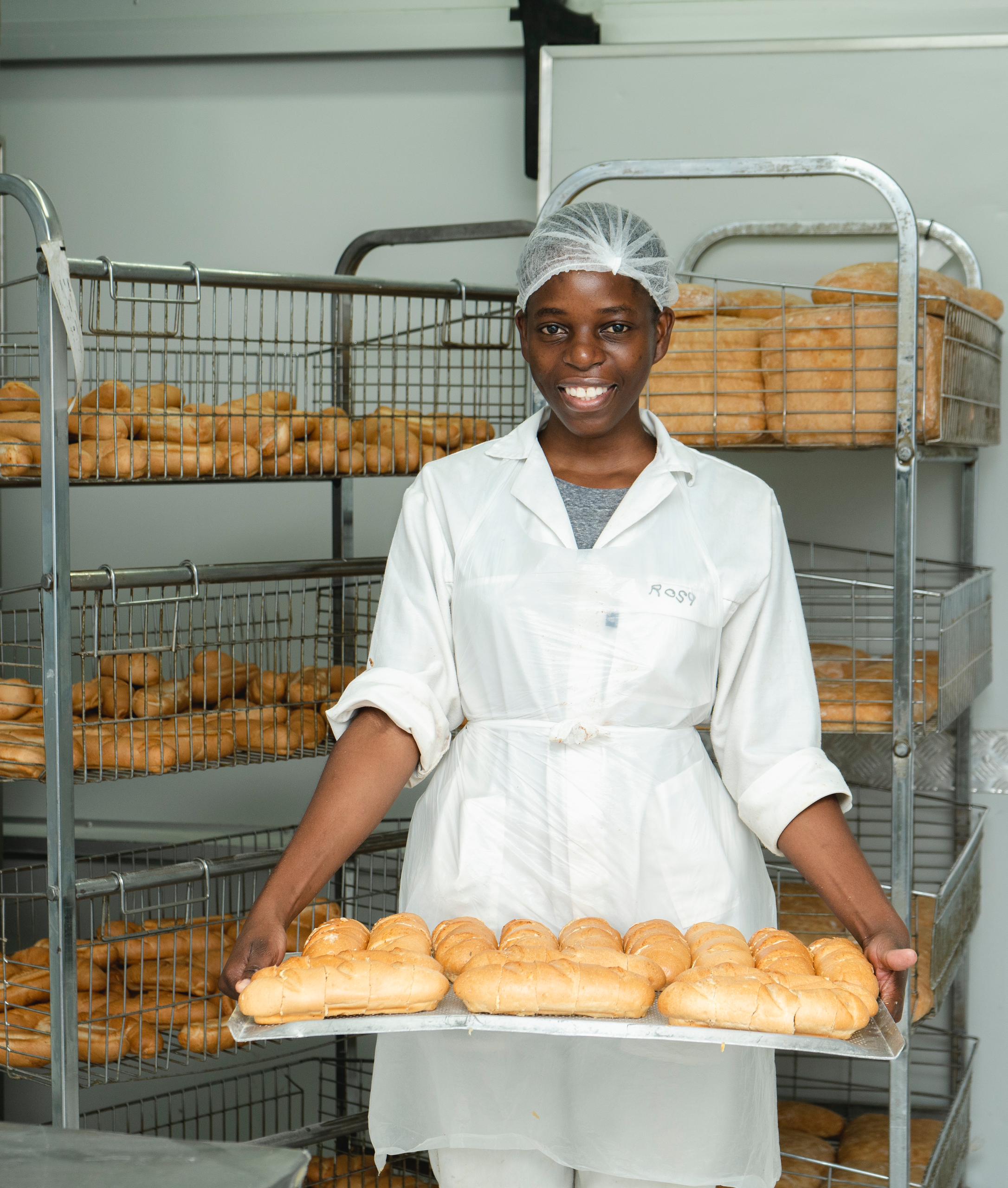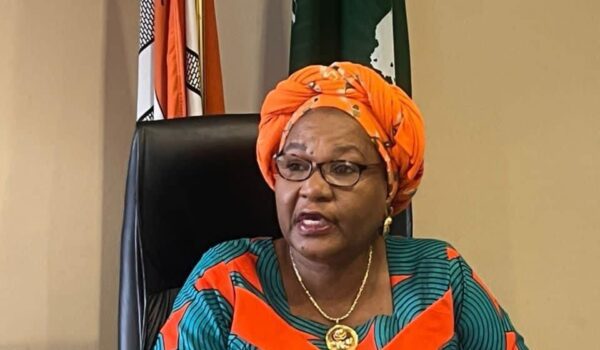
By:Gabriel Kandjengo kaMkwaanyoka
After listening to Blossom’s classics today, I have decided to put some wild thoughts on local music, as a sector and an economic activity.
Many of you did not believe Pretty Vibes (Yeezir ft Ms. Gideon) was a Namibian song, yet request it at every party.
Music is not just art; it is an economic activity, generating revenue and a livelihood for people.
Nigeria and South Africa’s music industries are lucrative, worth billions.
However, I remember asking one senior statistician from the country’s statistics agency about the contribution to the country’s GDP and he said they do not know because they do not compile it.
Music, sport, culture, and art are some things we as a country ignore apart from the education systems.
Funny enough, all those industries are under two ministries that are raising more eyebrows for negative reasons, the ministry of education, arts and culture and the ministry of sport, youth, and national services.
One ministry gets a chunk of our taxes and the other gets pennies. Recreational activities/entertainment don’t get out of fashion. We continually consume it.
I seriously think music has an inelastic demand- because, like most, I cannot work or travel without my earphones.
Music is my energy drink. I confess, I owe Gazza, D-Kandjafa, Warforce, Tate Kwela, Wild Dogs, Bantu, Kaptein Tswazi, Sally, Ongoro noMuntu, Dama Monique, the Warakata Crew (One Blood), Dj Shoza, Qonja, Ethinx, Big Ben and Jeiyo a lot of appreciation for always rocking my world.
And yes, I make an effort to buy the CDs and press like on digital platforms.
Do we know the music industry’s value to our country? Someone blindly said we should normalise telling struggling artists just to go back to school.
Fellow thinkers, let us educate ourselves for the progress of our economy and one aspect that we need to educate ourselves on is the importance of the music industry to the Namibian economy/livelihood.
Artists are undervalued job creators in this economy. A song gets to be written and composed, which can involve more than two people. A beat has to be produced, which can involve more than one person and for those who use instruments, it can involve even around five people.
Then the mastering and promoting of that song- a single song can have around 20 people involved and that is money exchanging hands, that is work and opportunities being created by a musician.
A big shout to Chester, Dj Spuzza, and Mega for Bacardi- let us give them their economic flowers.
Barcardi can make you spend that last 100 dollars. That is the economic power of music.
If you go to a place with no music, your spending pattern is different, but once your favourite song comes on, you might order a round for your friend or tell that tate selling fat cookies that the whole bucket is sold.
Let us break it down. Dj Vuyo plans to have a show in Katima Mulilo.
It starts with Kuest Creative/some graphic designer creating a poster for the show getting paid, renting out a stadium/establishment from the municipality, renting out a sound system, getting security personnel, some dancers, and renting stage and lighting equipment.
All those activities enable money to exchange hands and that is just because of an artist who wants to perform a song.
Furthermore, some young ladies/men will be selling some food outside for those who want a bite, and that establishment will have refrigerators full of camelthorn beer and juices to quench the thirst.
While the taxis will get people all over the Kasi and suburbs for the show and more importantly take them back, paying double.
Overall, a show/an artist’s performance in a particular place/town unleashes a spending spree or transactions within that economy- and all this spending can happen in a single day.
That is how valuable and important local artists are to the Namibian economy and livelihood.
Considering all I said above then why is the music industry not valued as diamonds, grapes, and beef?
Is it because they do not bring in foreign currencies? I can tell you that many Namibians have benefited more from local artists’ performances compared to the country’s export of gold to South Africa and our uranium to France.
Yes, a Tee Dee performance at palm tree or his Unam Stadium performance, empowers various unemployed youth more than what we have listed on our National Account.
Local artists should be encouraged and enabled to keep making hits. Seelima by Gazza and Warakata by One Blood got this country dancing and people spending money.
Is a pity, the music industry was not taken seriously during the pandemic, when artists were left to feed on their savings or beg.
Policymakers were all talking about how tourism was affected and how valuable it is to the Namibian economy, yes it is but there are other sectors such as the music industry too.
The art industry is a low-hanging fruit that we should prioritise big times.
We start by the show organisers respecting our local artists and paying them market-related fees and treating them with more respect.
Because they are economic heroes that command spending most effortlessly, and almost every sector benefits every time they go perform somewhere.
So, please Axue, Tunacky, Pablo, and Jackson Kaujeua deserve heroic celebration for their economic contribution through music.
Email: gerastus16@gmail.com









Comments